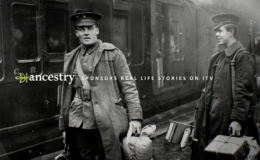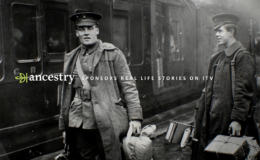

Genetic diversity is a good thing – but many threatened species have low genetic diversity. Photo: Creative Commons CCO
Science is making it harder to keep family secrets. And all it takes is spitting into a tube.
Sales of DNA testing kits have boomed so much they’ve allowed websites to compile massive international data bases of DNA – so much so that it’s now normal for people to find some previously unknown, distant relative.
In the United States and Britain it’s a common Christmas present – for around $300 you can gift the knowledge of genetic heritage. DNA deciphering has become the second most popular hobby after gardening. It’s been helped along by genealogy shows such as Lost and Found.
It’s estimated 30 million kits have been sold worldwide – and of those about 150,000 have found their way to New Zealand.
But that “gift” is a double-edged sword. As many as one in four of those tests return an unexpected result.
North and South writer Joanna Wane says that figure’s a bit skewed, in that a proportion of people seeking out their lineage will be adopted or have a mystery they want cleared up.
Some discoveries have caused rifts and ripples through families.
She has written stories on the issue, talking to New Zealanders who’ve found to their surprise their fathers are actually their uncles or family friends, their mothers have had affairs, or they’re the products of rape or incest. Most stray DNA is paternal – the term is a “non-paternity event” – and such discoveries have torn families apart.
Wane took one of the tests herself, hoping to find something a bit exotic in her bloodline. That wasn’t the case – but she realises now there are many factors she didn’t think about before sending off her saliva in the post.
“I took it pretty lightly at the time,” she tells Sharon Brettkelly in today’s podcast. “But when you do put your DNA into these data bases you are sending your DNA, this precious, personal information, out into the world where it is used by third parties for profit.”
There are two strands to this type of testing discovery. One looks at ancestry – where your family came from, in terms of migratory patterns.
“It’s very basic rough unconfirmed science but it’s kind of fun.”
The other is that your DNA then goes into that company’s data base where it’s run through an algorithm. It spits out genetic matches with people who share enough of your DNA that they may be related to you.
“It could be a third/fourth cousin, but people have found siblings and parents,” says Wane.
The more people who do the testing, the more hits you’re likely to get. Wane says once you start talking to people, it’s amazing how many stories come up where things have not been as they seemed.

Photo: RNZ














